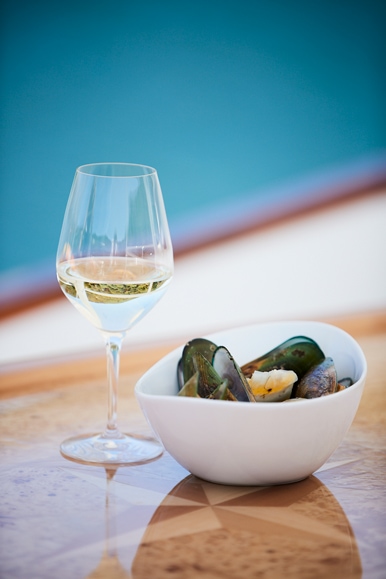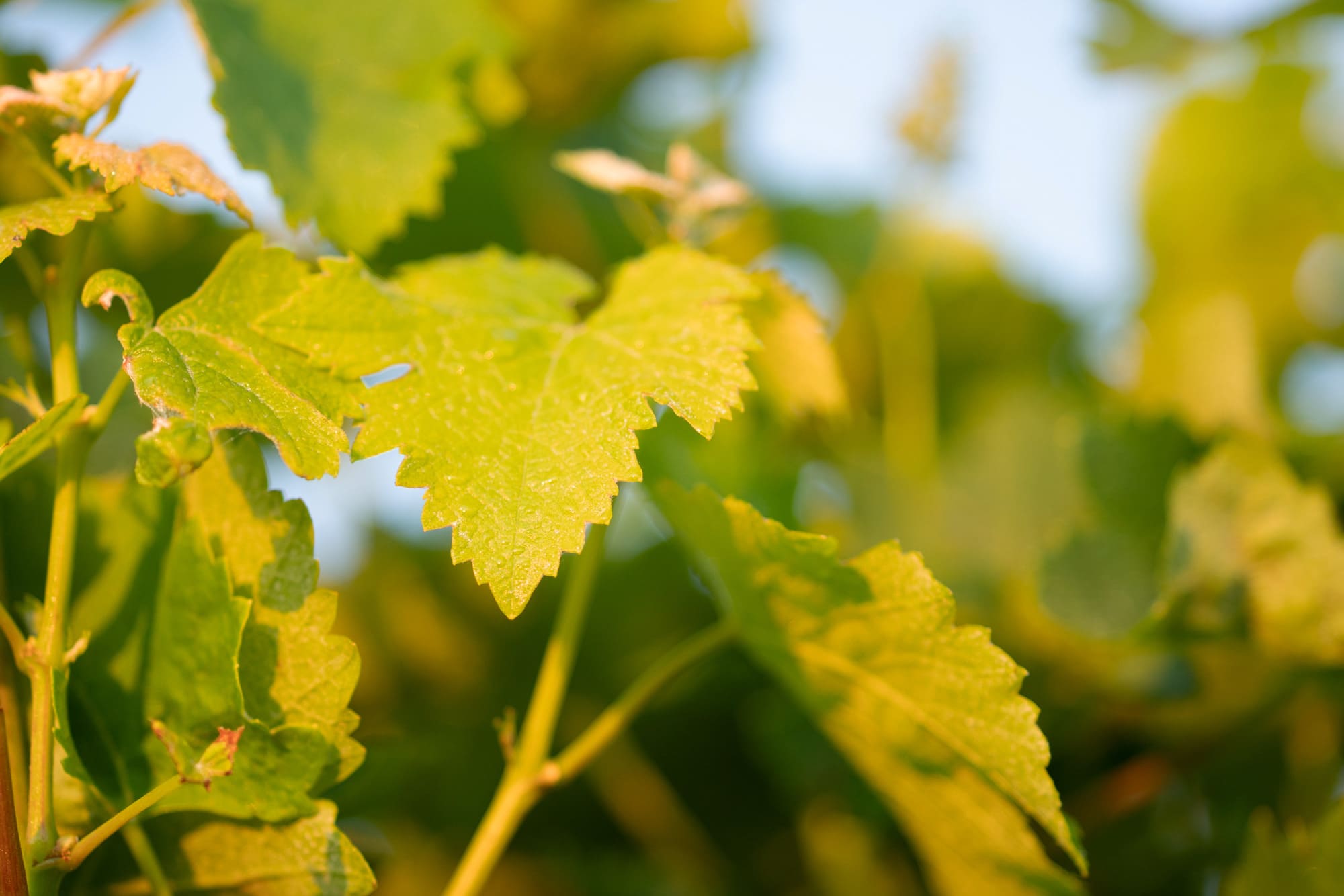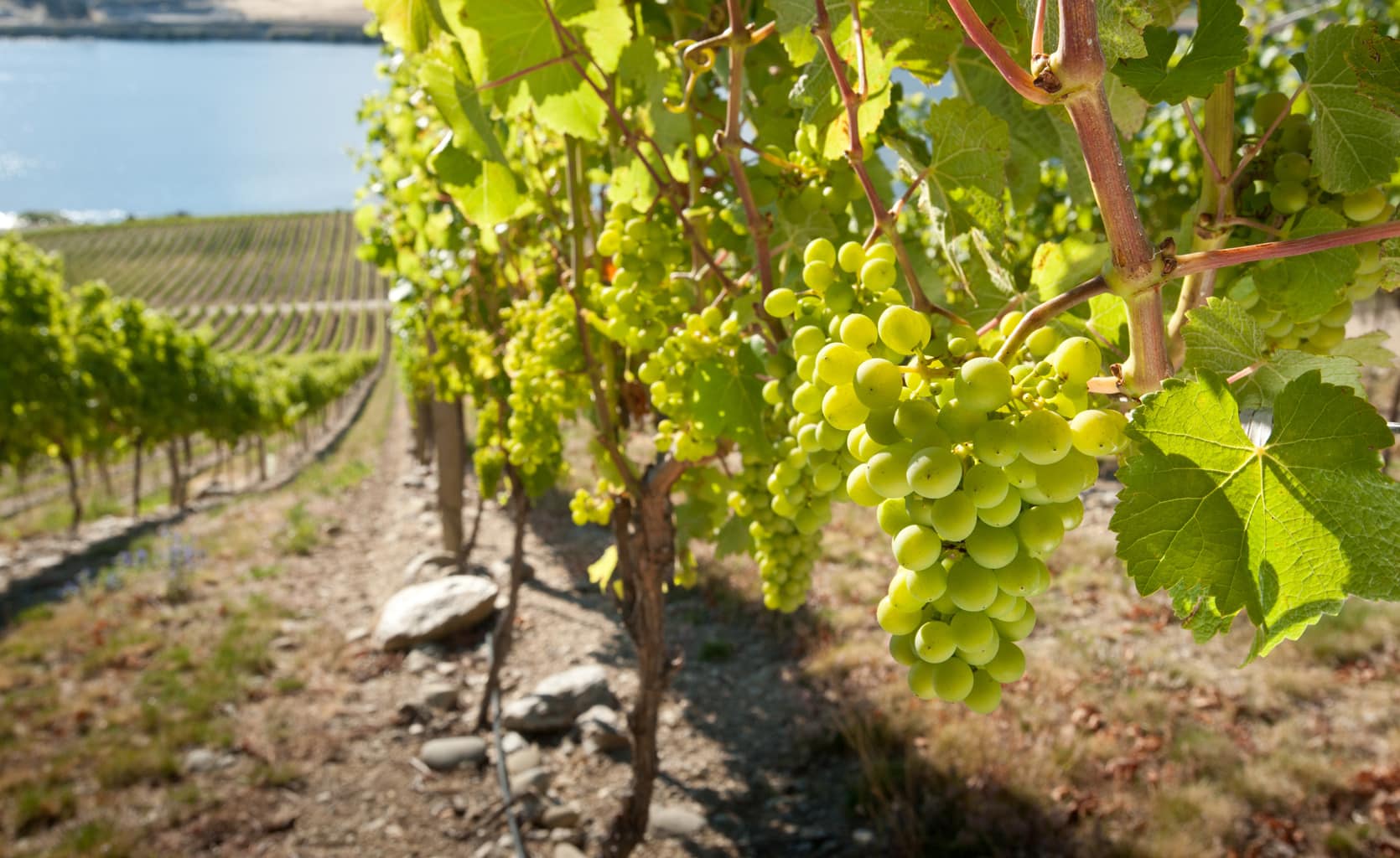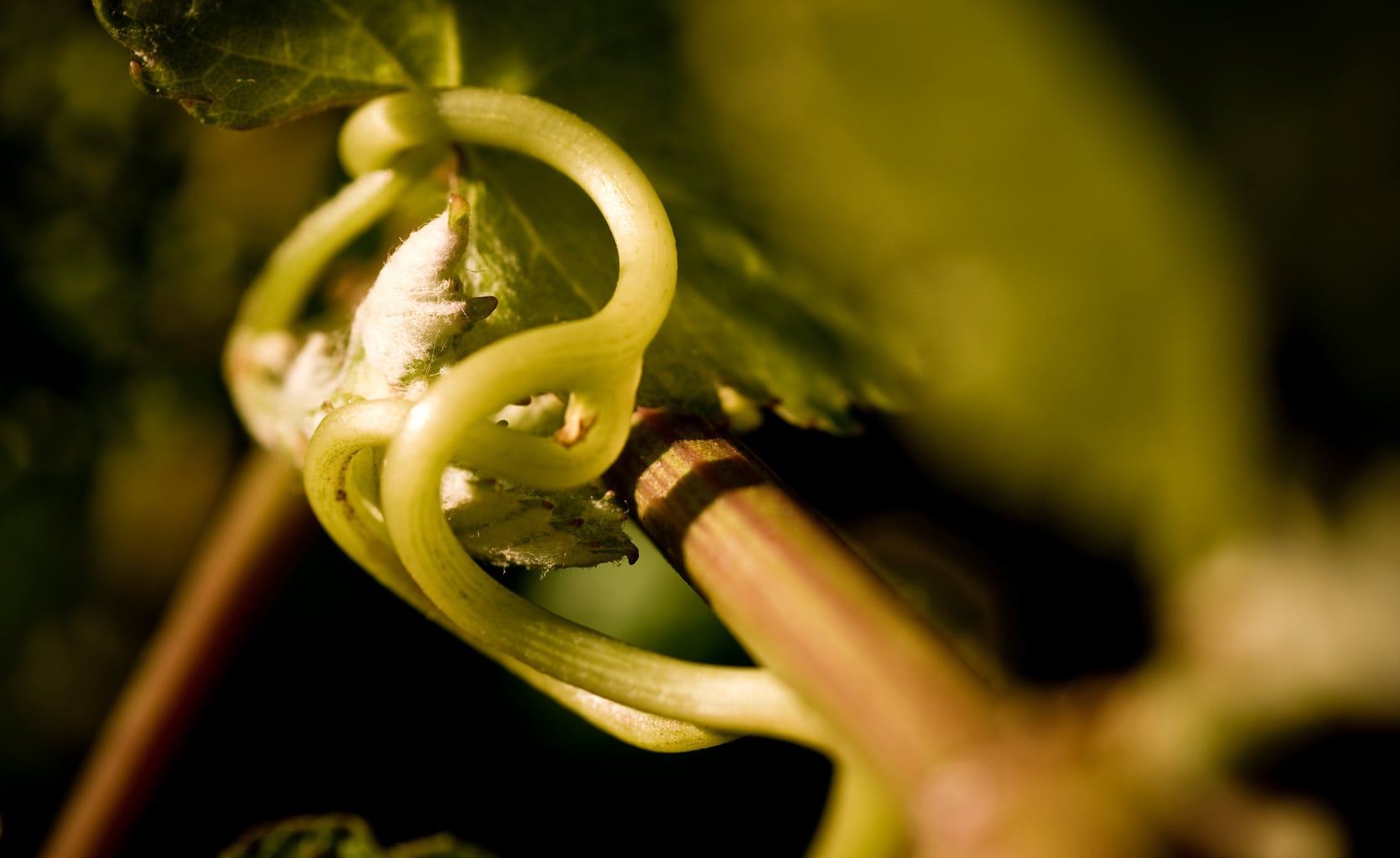The endemic ground wētā, Hemiandrus bilobatus, lives in burrows in the soil, but its presence can negatively affect wine grape production. This is especially so in vineyards in the Awatere region in Marlborough. Vine growth in early spring provides the ground wētā with a buffet of fresh buds to feed upon, which causes damage detrimental to vine growth and fruit yield.
The current ground wētā management tool sees plastic sleeves wrapped around vine trunks in an attempt to prevent wētā from accessing the cordon. However, the sleeves are costly to install and maintain, resulting in a significant waste-management issue. This project brings together scientists from Plant & Food Research (PFR) and Massey University. This project has the dual aim of seeking to develop a management response that is environmentally sustainable but which is also economically sustainable for growers to implement where vineyards and the ground wētā can co-exist.
This project builds on the knowledge of wētā ecology previously reported by Lincoln University and Massey University. The project has co-funding from Indevin, Pernod Ricard, Yealands, and Hortus to support the Massey University PhD student. The science team is led by Plant & Food Research, with significant in-kind contributions from Massey University.
















